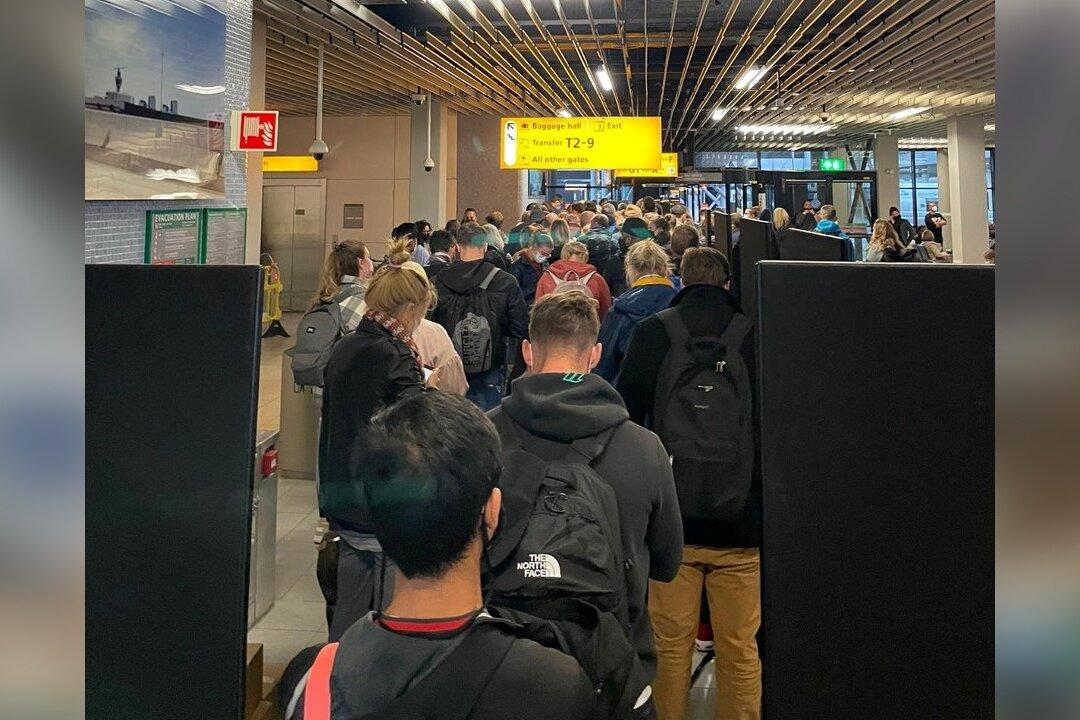Health officials announced on Nov. 28 that the CCP (Chinese Communist Party) virus Omicron strain, which the World Health Organization labeled a “variant of concern,” has been found in several European countries over the weekend.
Last week and during the weekend, WHO and other officials sounded the alarm by saying that the Omicron variant could be highly infectious and may reinfect people who already contracted COVID-19 previously, although WHO officials criticized the EU, the United States, and the UK for imposing travel restrictions last week. Also unclear is how the variant affects vaccinated people.





